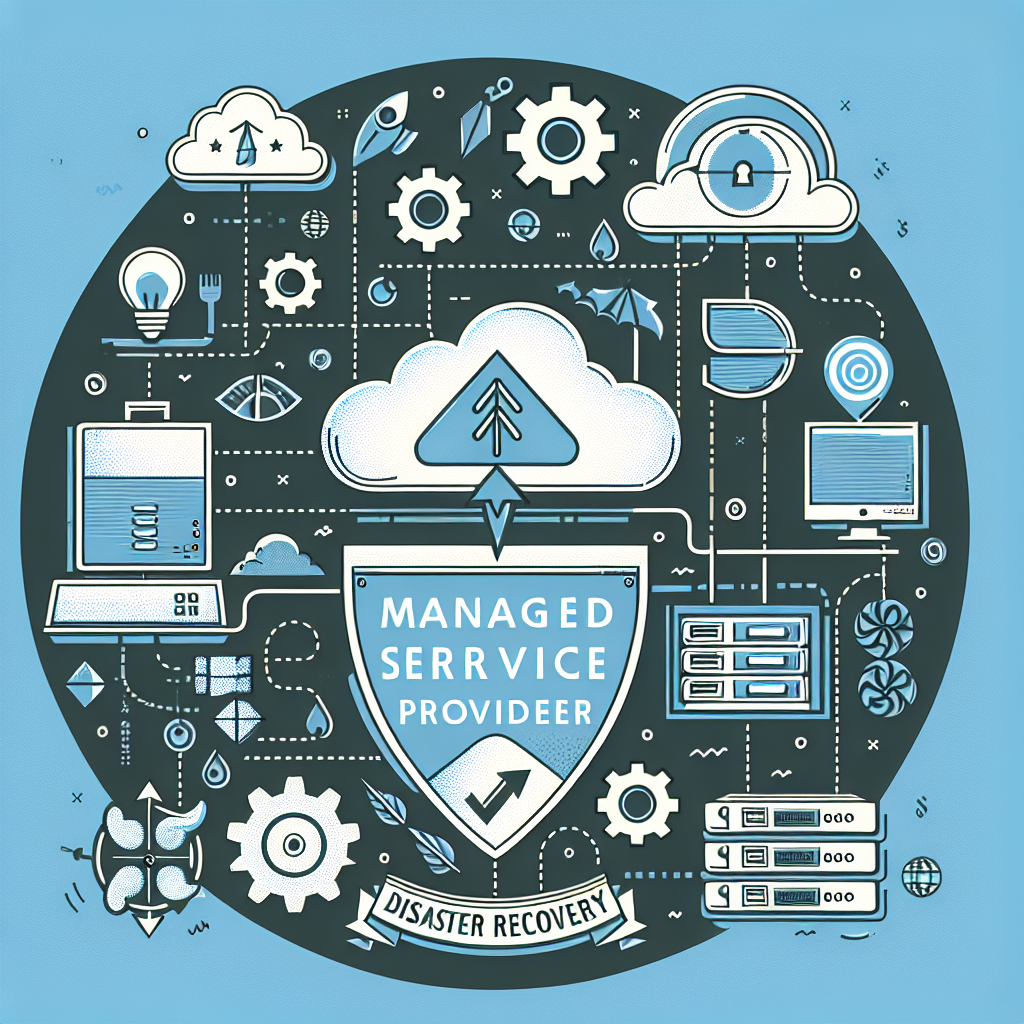In today’s fast-paced and unpredictable business environment, it is more important than ever for companies to have a solid plan in place to ensure their survival in the face of adversity. Proactive planning, particularly in the form of business continuity planning, can help companies thrive even when faced with unexpected challenges.
Business continuity planning is the process of creating a strategy to ensure that essential business functions can continue in the event of a disruption. This disruption could be anything from a natural disaster, such as a hurricane or earthquake, to a cyber attack or a pandemic. By proactively planning for these scenarios, companies can minimize downtime, protect their assets, and maintain their reputation.
One of the key benefits of business continuity planning is that it allows companies to identify potential risks and vulnerabilities before they occur. By conducting a thorough risk assessment, companies can pinpoint areas of weakness in their operations and take steps to mitigate these risks. This proactive approach can help companies avoid costly disruptions and maintain their competitive edge in the market.
Another advantage of business continuity planning is that it helps companies build resilience in the face of adversity. By developing a comprehensive plan that outlines how the company will respond to various scenarios, companies can ensure that they are prepared to handle any situation that comes their way. This resilience can give companies a competitive advantage, as they are better equipped to weather storms and emerge stronger on the other side.
Furthermore, business continuity planning can help companies protect their most valuable assets, including their data, equipment, and employees. By implementing measures such as data backups, redundant systems, and emergency communication protocols, companies can safeguard their critical resources and ensure that they can continue to operate even in the face of a crisis.
In conclusion, proactive planning, particularly in the form of business continuity planning, is essential for companies looking to thrive in the face of adversity. By identifying risks, building resilience, and protecting their assets, companies can ensure that they are prepared to handle any challenge that comes their way. Ultimately, investing in business continuity planning is an investment in the long-term success and sustainability of your company.










